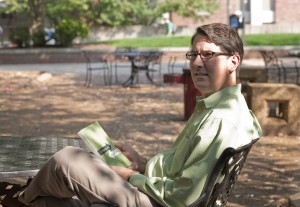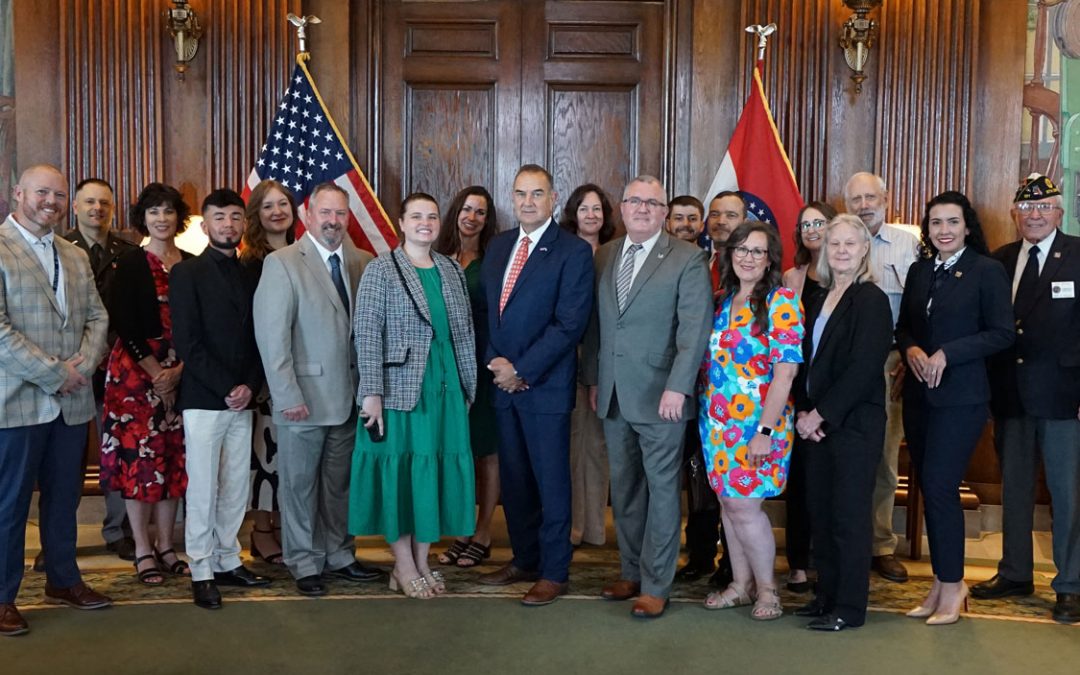
David Kimball, associate professor of political science at UMSL, co-wrote the award-winning "Lobbying and Policy Change: Who Wins, Who Loses and Why."
A group of political scientists including David Kimball, associate professor of political science at the University of Missouri–St. Louis, spent a decade conducting what Miller-McCune magazine recently called “an unprecedented study” of the effectiveness of Washington lobbying. The results? Despite millions of dollars spent on lobbying campaigns, most fail to change policy, the researchers found.
The comprehensive research was published in book form last year as “Lobbying and Policy Change: Who Wins, Who Loses and Why.” The book was written by Kimball and four other political scientists and published by The University of Chicago Press.
“This book is the most comprehensive and penetrating examination of lobbying at the national level,” said Terry Jones, chair of the Department of Political Science at UMSL. “It is a landmark study that moves forward our understanding of American politics.”
And it’s recently received a lot of national attention.
Last month, “Lobbying and Policy Change” was named the winner of the Leon Epstein Outstanding Book Award. The award is given by the American Political Science Association for “outstanding contribution to research and scholarship on political organizations and parties.”
“After 10 years of work on the lobbying project, it is nice to see that our book is receiving some attention,” Kimball said. “Our book conveys some important information about the nature of lobbying coalitions in Washington.”
Miller-McCune apparently agrees, as the book is the focus of a large feature in the national public policy magazine.
“One of the most in-depth studies ever conducted on the day-to-day workings of Washington, and the only one based on a random sample – the prizewinning 2009 book, ‘Lobbying and Policy Change: Who Wins, Who Loses and Why’ – reveals that the groups with the most money and lobbyists don’t necessarily get their congressional way,” journalist Melinda Burns wrote in her article, “K Street and the Status Quo.” The article title is a reference to a Washington street known as hub for lobbyists.
For Kimball, the findings were also something of a relief.
“I feel a little better about democracy after this project,” he said in the Miller-McCune article. “I was expecting to find more evidence that resources played a huge role in policy making. Certainly they still are important, but in the end, not as determinative as you might expect.
“Once issues come before the government, there’s quite an opportunity for lots of voices to be heard.”
Visit http://bit.ly/cITT3p to read the full article.
In addition to his work on lobbying, Kimball has conducted research on American government, political behavior, campaigns and elections, electoral reform and representation in Congress. He recently provided political analysis on American Public Media’s “Marketplace” and “The Jaco Report” on KTVI (Channel 2).
More information:
http://bit.ly/dnelRy














